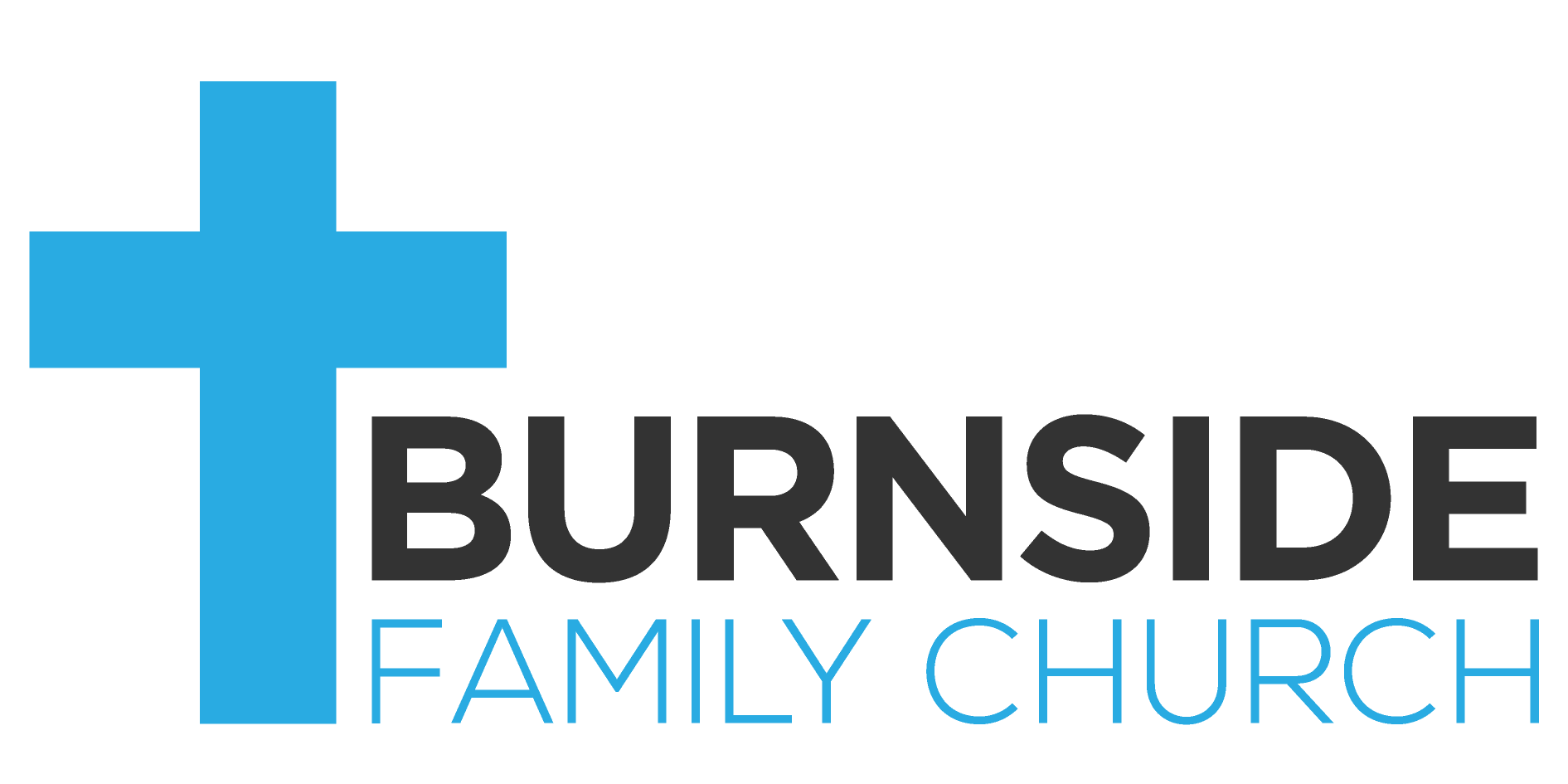Matt 14:1-21 Why We Should Believe Jesus - Part 1 - by Jeff Byerley
Study on Matt 14:1-21 Why We Should Believe Jesus - Part 1
Outline:
14:1-12 John the Baptist Beheaded.
14:13-21 Feeding of the Five Thousand.
Our Reflections:
1. Who is this “Herod the tetrarch” (14:1)?
2. What do we know about Herodias and her daughter (14:6-12)?
3. Why did Herod believe that Jesus was John the Baptist risen from the dead and performing miracles (14:2-5)?
4. Why did Jesus command the disciples “You give them something to eat.” (14:13-19)?
5. Why did they gather up 12 baskets of remaining fragments (14:20-21)?
ATO Bible Study Group Reflections:
We noted that Jesus had just suffered rejection in his home town of Nazareth (13:53-58) and now mourns the death of his rejected great messenger John the Baptist. Yet he continues his vital work for the care of souls.
1. Who is this “Herod the tetrarch” (14:1)?
“Tetrarch” means the ruler of a fourth part. When Herod the Great died in 4 BC he left his inheritance to 3 sons. Archelaus inherited the lion's share, Judea and Idumea. Philip got Iturea and Trachonitis. Herod Antipas received Galilee and Perea.
2. What do we know about Herodias and her daughter (14:6-12)?
Herodias was the daughter of Aristobulus, who was put to death by Herod the Great, his father. Herodias married her Uncle Philip, another of Herod's sons who was a private citizen living in Rome, not to be confused with Philip of Iturea. Herodias bore a daughter to Philip who was called Salome according to Josephus. Antipas met Herodias while in Rome and stole her away. Later Salome married her Uncle Philip, whilst Caligula charged Herod with treason and sent him and Herodias to Spain.
3. Why did Herod Antipas believe that Jesus was John the Baptist risen from the dead and performing miracles (14:2-5)?
John, being God's messenger, did not shirk from telling Herod Antipas that his marriage to his brother's wife was not lawful (Lev.18:16 & 21:20). This was a great embarrassment to Herod and Herodias and also dangerous because according to the law, they both should be stoned to death for adultery (Lev. 20:10). Their answer was to kill John, who was considered a prophet by the people (14:5). Then comes Jesus bearing the same message “Repent for the kingdom of God is at hand!” Herod seemed to have a superstitious mixture of Jewish and pagan beliefs of spirits returning to their bodies. He believes John has returned from the dead and is performing miracles, something he did not do when he lived (John 10:41).
4. Why did Jesus command the disciples “You give them something to eat.” (14:13-19)?
No doubt it was part of Jesus' training of them to trust God for their ministry needs even in circumstances where that seemed impossible. They, like Jesus, were to have compassion on the people. We felt these were good lessons for us all indeed.
5. Why did they gather up 12 baskets of remaining fragments (14:20-21)?
The gathering up of the fragments indicates that we are to be good stewards of what God provides and not be wasteful. Some think that the number of baskets being 12, would be a reminder of God providing manna in the desert for the 12 tribes of Israel, and here was a person greater than Moses. Matthew gives scant detail about this miracle which is recorded in all four gospels. (However, he is the only one to point out (v.21) that there were women and children present in addition to the 5,000 men.) John 6:14-15 records that the people, seeing the miracle of the bread, declare that Jesus must be the “prophet to come into the world” that Moses spoke of (Deut 18:15). They desire to take him by force to make him their (military) king, but Jesus escaped to the mountains to be alone. In the rest of John chapter 6, Jesus explains that he is the true bread of heaven that people must eat. This is a reference to his atoning death and an explanation of what communion is all about. This is why we should believe
